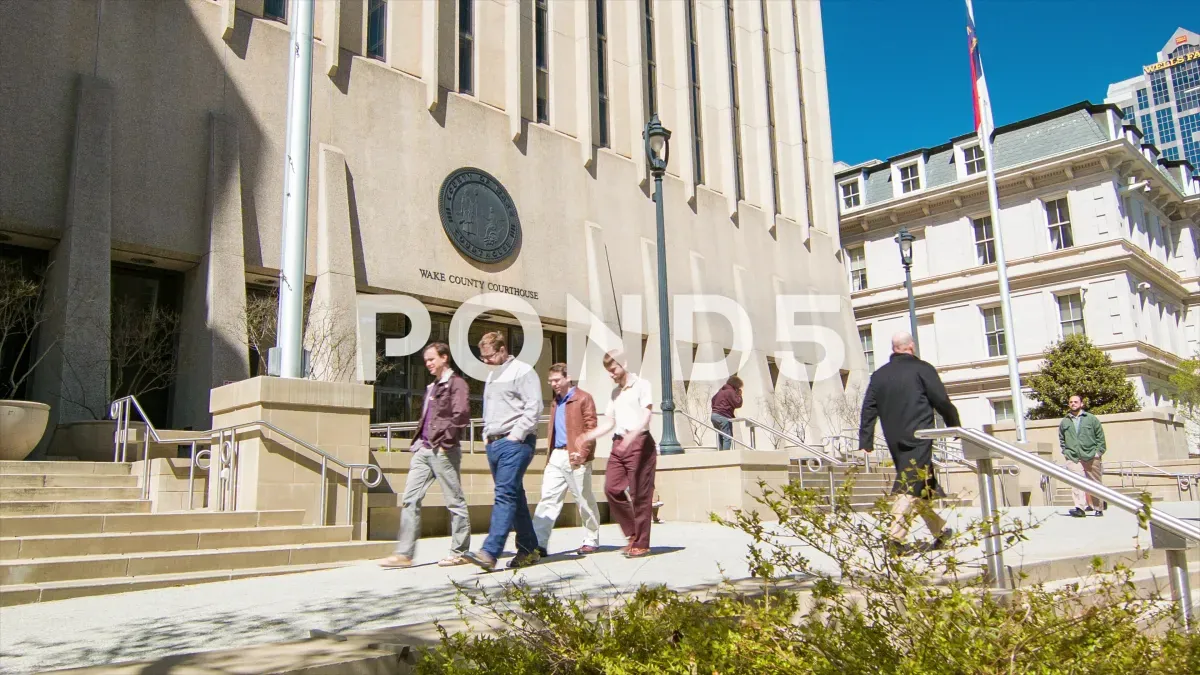In a significant decision affecting voter identification in North Carolina, a Wake County Superior Court judge has rejected a Republican Party request to prohibit the use of digital student IDs for voting purposes at the University of North Carolina at Chapel Hill (UNC-Chapel Hill). This ruling, made on September 19, 2024, marks a crucial development in the ongoing debate over voter identification methods in the state.
The case centered around the UNC One Card, a digital identification system approved by the State Board of Elections on August 20, 2024. This approval made the UNC One Card the first smartphone-based ID accepted for voting in North Carolina. The Republican National Committee (RNC) and the state GOP filed a lawsuit last week, arguing that state law only permits physical identification cards for voting.
Judge Keith Gregory's decision to deny the temporary restraining order sought by the Republicans allows UNC-Chapel Hill students and employees to continue using their digital IDs for voting purposes. This ruling can be appealed, potentially extending the legal battle as the 2024 election season approaches.
The Democratic National Committee (DNC) and a UNC-Chapel Hill student group joined the State Board of Elections in opposing the restraining order. They contended that the digital ID meets the security and photo requirements set by state law. Furthermore, they argued that preventing its use could potentially disenfranchise up to 40,000 people associated with the university.
"There was nothing in the law that prevented the approval of a nonphysical card."
It's worth noting that UNC-Chapel Hill, founded in 1789, is the oldest public university in the United States and currently has an enrollment of over 30,000 students. The university has announced that it will provide physical ID cards at no charge for students and staff who prefer them for voting purposes.
The implementation of voter ID laws in North Carolina has been a contentious issue. The state's 2018 voter ID law faced legal challenges, delaying its implementation until the municipal elections in 2023. Now, as the 2024 elections approach, the state is preparing for wider use of voter IDs.
Early in-person voting for the 2024 elections is scheduled to begin on October 17. However, the first absentee ballots are expected to be transmitted to military and overseas voters starting September 20, 2024, with in-state registrants receiving their ballots early the following week.
This ruling comes at a critical time for North Carolina, a key battleground state with 15 electoral votes in presidential elections. The state is known for its closely contested races, making every aspect of the voting process, including ID requirements, particularly significant.
As the debate over voter identification methods continues, this case highlights the evolving nature of identification technology and its role in the democratic process. The use of digital IDs for voting purposes represents a new frontier in election administration, balancing concerns of accessibility, security, and technological advancement.
